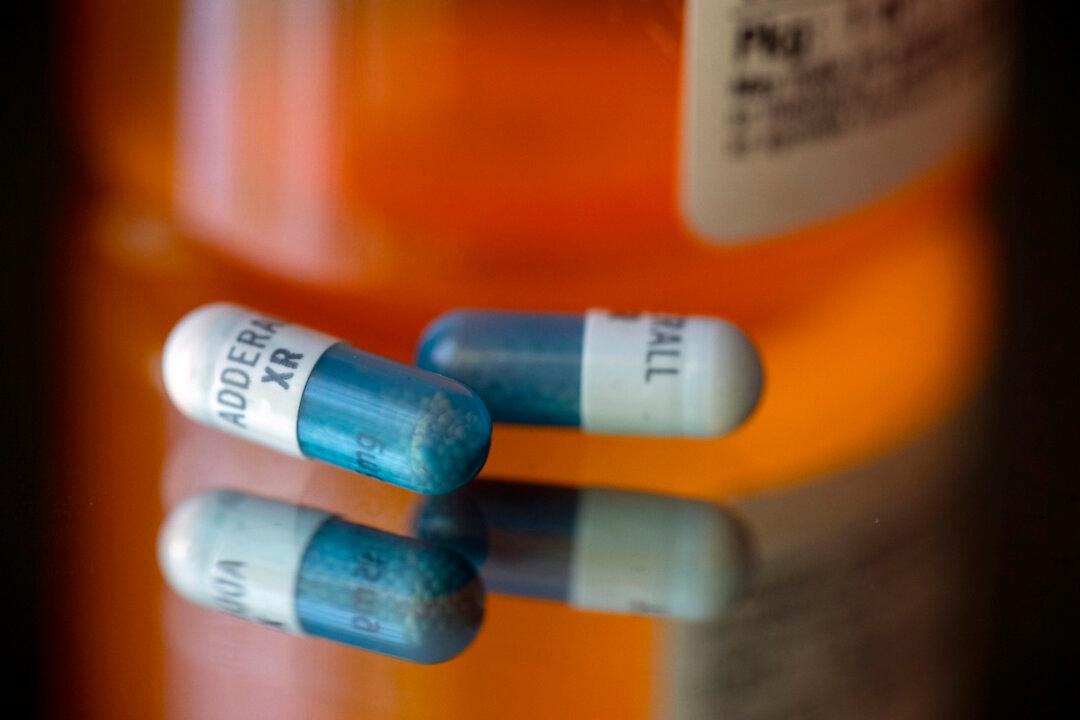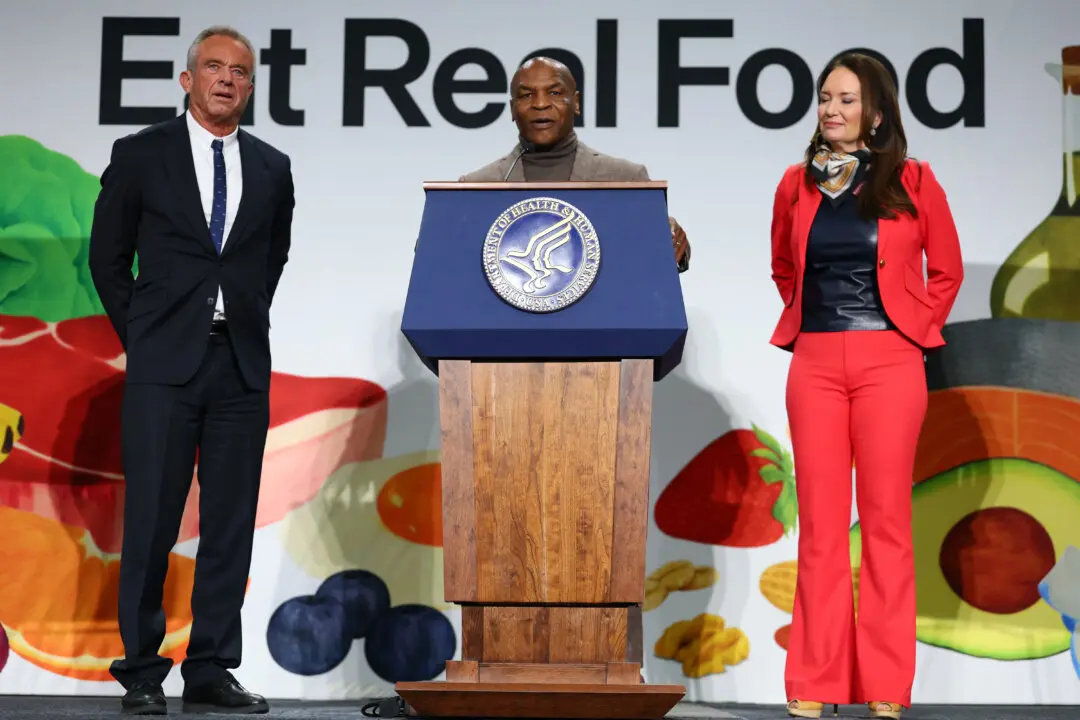Commentary
This past week, the Atlantic ran an utterly fascinating interview with a person who went on psychiatric drugs as a young student, kept and maintained the habit into adulthood, experienced a professional crisis, and finally left the habit completely as a new father. His name is Cooper Davis, and now he runs a nonprofit consultancy for people who are attempting to kick the habit.





